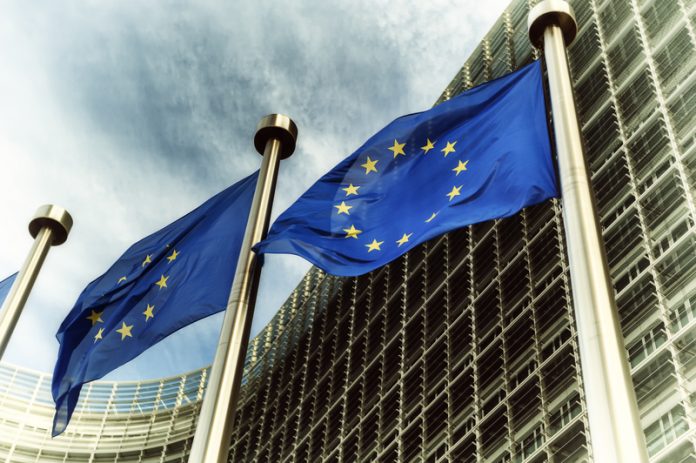EU lawmakers have reached a major agreement on Horizon Europe but it is still nowhere near confirmed, as key details such as the budget, foreign participation, and the new missions, are yet to be decided
Horizon Europe is a €94.1 billion programme for research and innovation that is intended to go live as soon as the current Horizon 2020 expires at the end of next year. On 20 March, negotiators for the European Parliament and the Council of the EU reached an important agreement on most aspects of the legislation that will establish Horizon Europe.
March-April 2019: Approving the Horizon deal
The deal struck on 20 March covers the majority of the Horizon Europe legislation except for the budget and the participation of third countries. However, the deal still has to be approved by the Council and the Parliament.
Three votes on the deal lie ahead in the next few weeks.
The first is the Council’s private meeting of deputy permanent representatives from each member state, known as COREPER I.
Then it is the Parliament’s research committee, ITRE, which meets in public. Finally, the Parliament as a whole must approve the deal at its plenary meeting in Strasbourg.
Late 2019-2020: Member states must overcome budget
The Commission proposed a €94.1 billion budget for Horizon Europe, compared to €77 billion for Horizon 2020, however, the Parliament wants to increase that budget to €120 billion.
The Commission has proposed to increase the EU’s overall budget from €1.09 trillion to €1.38 trillion, despite the fact the UK is leaving. As a result, countries that are net contributors, like France and Germany, need convincing that spending more on the EU will be worth it for them.
The Council will eventually agree its position on the Horizon budget as part of negotiations for the EU’s overall financial plan for 2021-2027, known as the multiannual financial framework (MFF).
As member states have to agree the MFF unanimously, it is unlikely that there will be a settlement until the end of 2019 at the earliest.
Foreign participation
Currently, associated countries include Switzerland, Norway, and Israel. Association has non-EU countries pay into the same pot of cash that funds all Horizon programmes, allowing them to participate on an equal footing with EU member states.
Researchers in non-associated countries, like Canada and the United States, can still participate if they bring their own money to each project – the incentive being the opportunity to participate in joint research.
Strategic planning
While the final legislation remains unresolved, the 20 March deal means the Commission can begin work on strategic planning. Commission sources hint that the first drafts of Horizon Europe’s strategic planning documents will start to appear around summertime, with a view to the Council adopting the finalised versions towards the end of the year.
Before that, the Commission will put out the first calls for expressions of interest from those who want to participate on the advisory boards for the missions.
Missions are a new instrument intended to focus research funding on particular problems, such as cancer and ocean pollution. Partnerships are similar, but the topics are much broader, and they will be run using different models of public-private or intergovernmental collaboration.
The European Innovation Council
Several other issues also need to be settled over the next year, such as how the European Innovation Council will deliver on its promise to invest in small tech companies. The EIC is a new body aimed at helping small European tech businesses take off, in particular by making equity investments in them.
Setting up the investment vehicle will take a while, as it isn’t even clear yet what form it will take, or what jurisdiction it will be constituted under.
Original source:
https://sciencebusiness.net/framework-programmes/news/whats-horizon-horizon-europe











